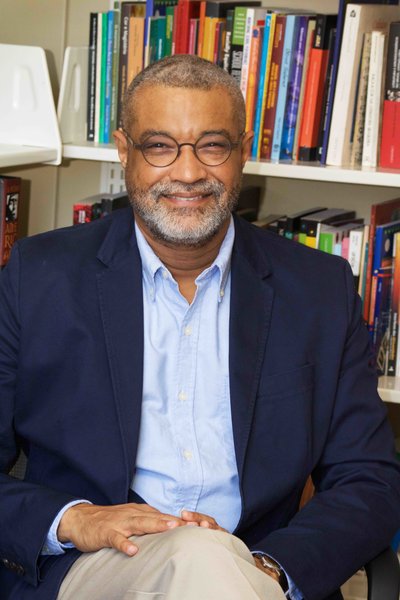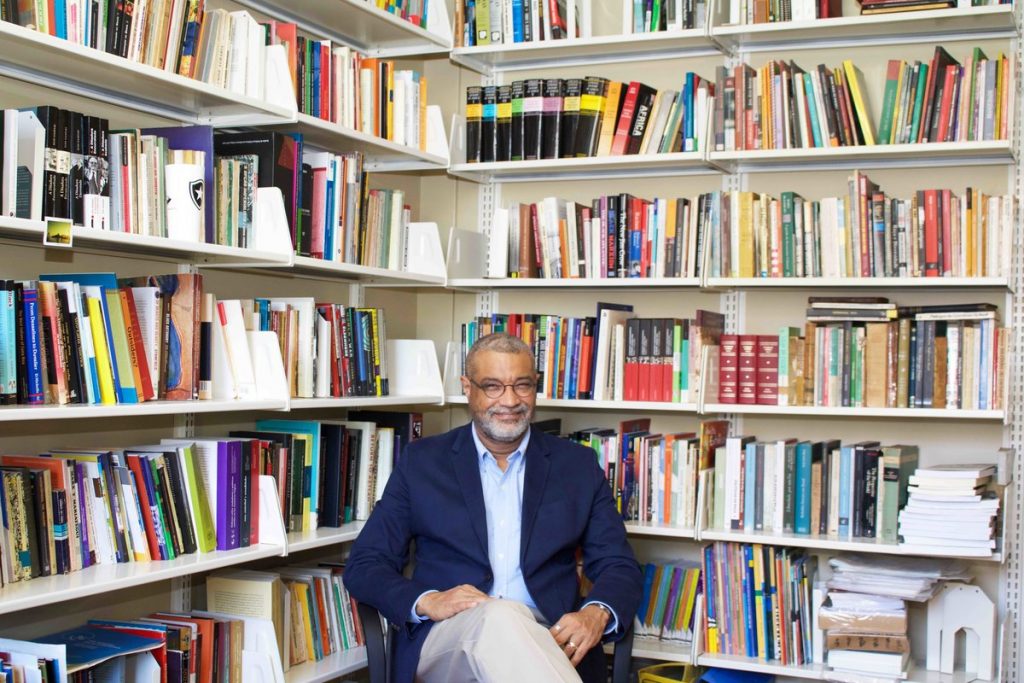Marcelo Paixão is an Associate Professor at The University of Texas at Austin. He is a faculty member at the African and African Diaspora Studies Department (AADS). Dr. Paixão is a Brazilian economist and holds a Ph.D. in Sociology (IUPERJ, Brazil). Before coming to Austin, he was a Professor of Economics at the Federal University of Rio de Janeiro (UFRJ) for 16 years, the same place where he majored. Between 2012 and 2013, he was a Visiting Professor at Princeton University, where he was a member of the Project on Ethnicity and Race in Latin America (PERLA). He is the author of several books and articles, among others: A Lenda da Modernidade Encantada (Ed. CRV) e 500 Años de Soledad: estudíos sobre las desigualdades raciales en Brasil (Ed. Universidad Nacional de Colombia).
CV
» Curriculum Vitae (PDF)











